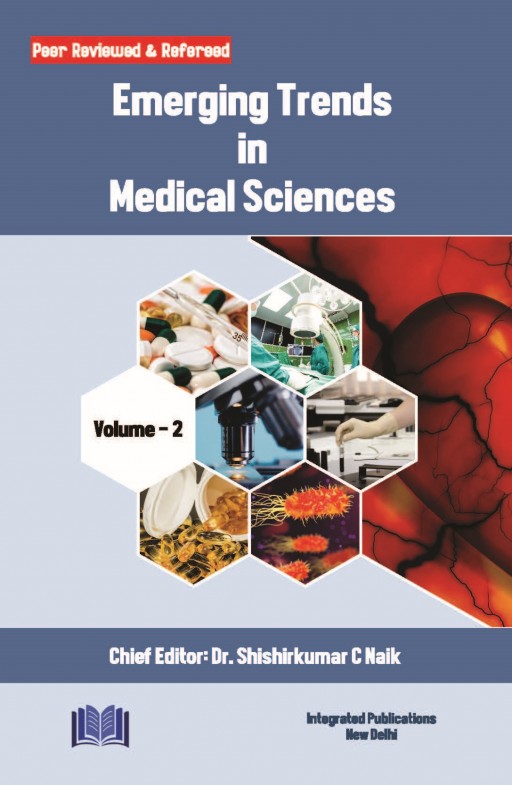Results of Shoulder Arthroscopy in the Patients with Adhesive Capsulitis


Introduction: Adhesive capsulitis, also known as frozen shoulder, is an enigma for orthopaedic surgeons around the world. It is a dilemma as far as clinical features, diagnosis and management is concerned. Therefore, the treatment also varies from conservative to operative management. The aim of our study is to know the results of shoulder arthroscopy in cases of adhesive capsulitis. Materials and Methods: The study was conducted at a tertiary care hospital for 2 years from March 2017 till March 2019. All the patients were operated by a single orthopaedic surgeon with arthroscopic shoulder hydrodilation, biceps tenotomy, subacromial decompression, steroid injection and manipulation under general anaesthesia. All patients were discharged after 2 days with minimal dressing and aggressive physiotherapy. Follow up was done at 2 weeks, 6 weeks, 12 weeks and 16 weeks. The results were statistically analysed using SPSS software and p value of 0.01 was considered to be significant. Results: 10 patients (7 females and 3 males) were operated arthroscopically for adhesive capsulitis. All the patients improved significantly as far as post-operative Constant Murley Shoulder Score and Quick DASH (Disability Arm Shoulder Hand) score are concerned. Discussion: Adhesive capsulitis is a disorder in which the shoulder capsule becomes inflamed and contracted. This greatly increases pain and restricts motion. It is found to be more common in elderly females with uncontrolled diabetes and osteoporosis. Arthroscopic shoulder hydro dilatation increases the volume inside the capsule of glenohumeral joint, tenotomy of long head of biceps and subacromial decompression after bursectomy relieves the pain. Steroid injection and manipulation under general anaesthesia increases the range of motion of the affected shoulder. Conclusion: Results of shoulder arthroscopy in cases of adhesive capsulitis are satisfactory. We found remarkable improvement in pain relief and increase in shoulder motion after arthroscopic shoulder hydrodilation, biceps tenotomy, subacromial decompression, steroid injection and manipulation under general anaesthesia. Level of Evidence: III, prospective study